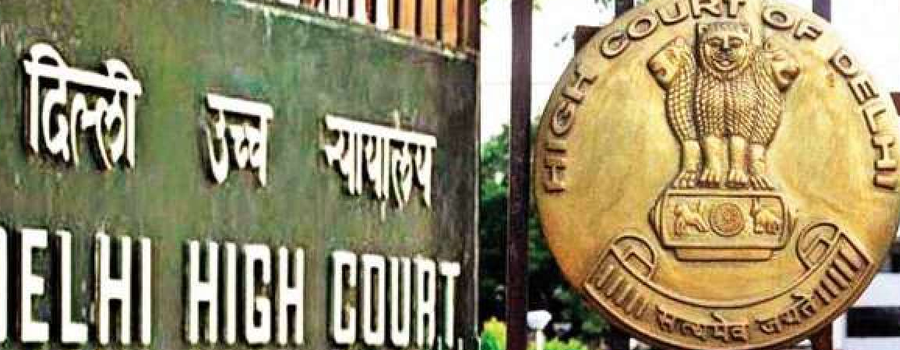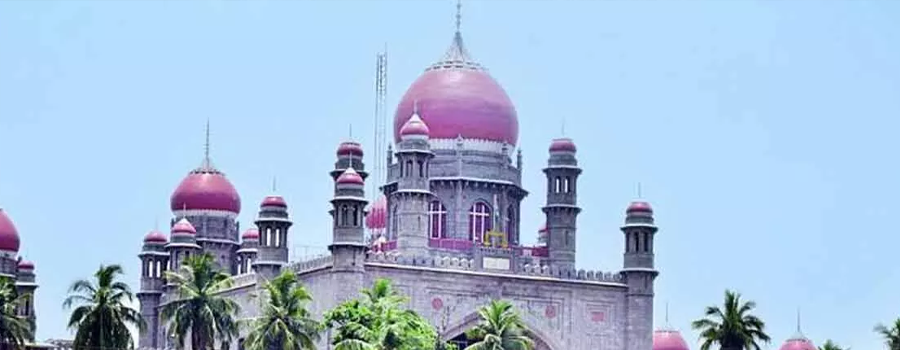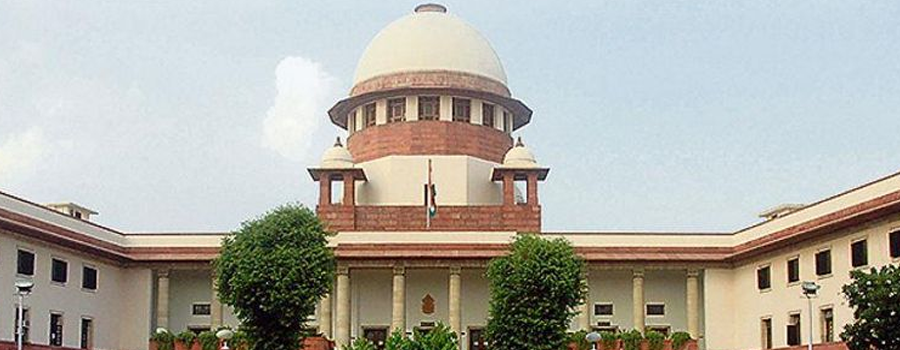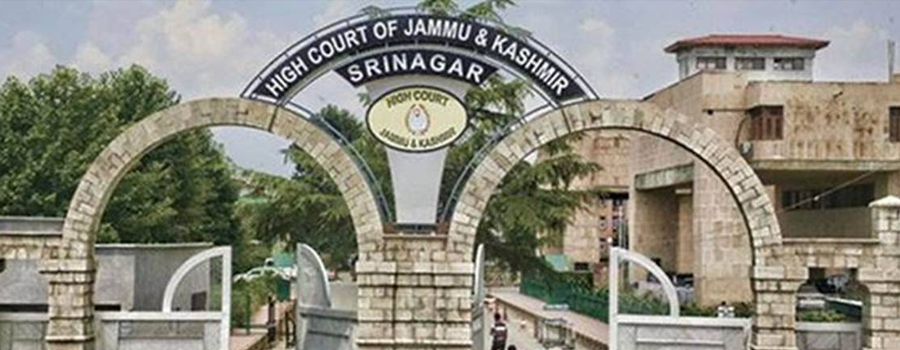
The Delhi High Court (DHC) has rejected an appeal filed by PepsiCo. against the order of Protection of Plant Varieties and Farmers’ Rights Authority (Authority) that revoked PepsiCo.’s registration for a potato variety grown exclusively for its Lay’s potato chips. The Authority had revoked the registration on the grounds that the Certificate of Registration had been issued based on incorrect information regarding the date of the first sale of FL 2027 potato plant variety and its categorization been marked as “new” instead of “extant.”

















